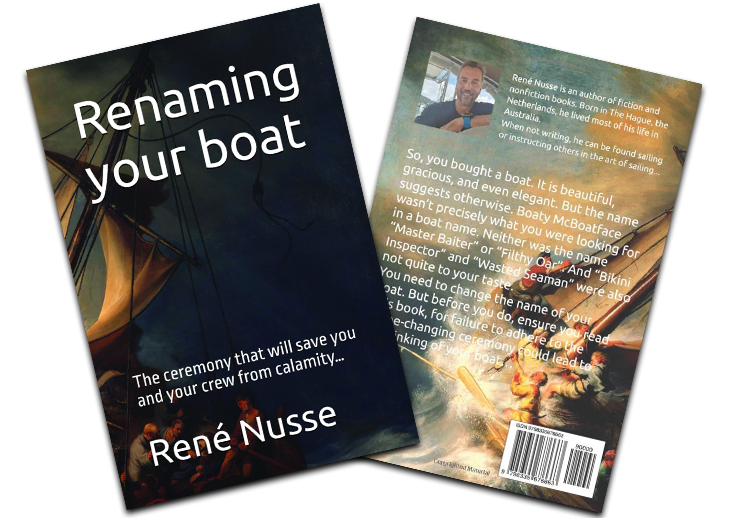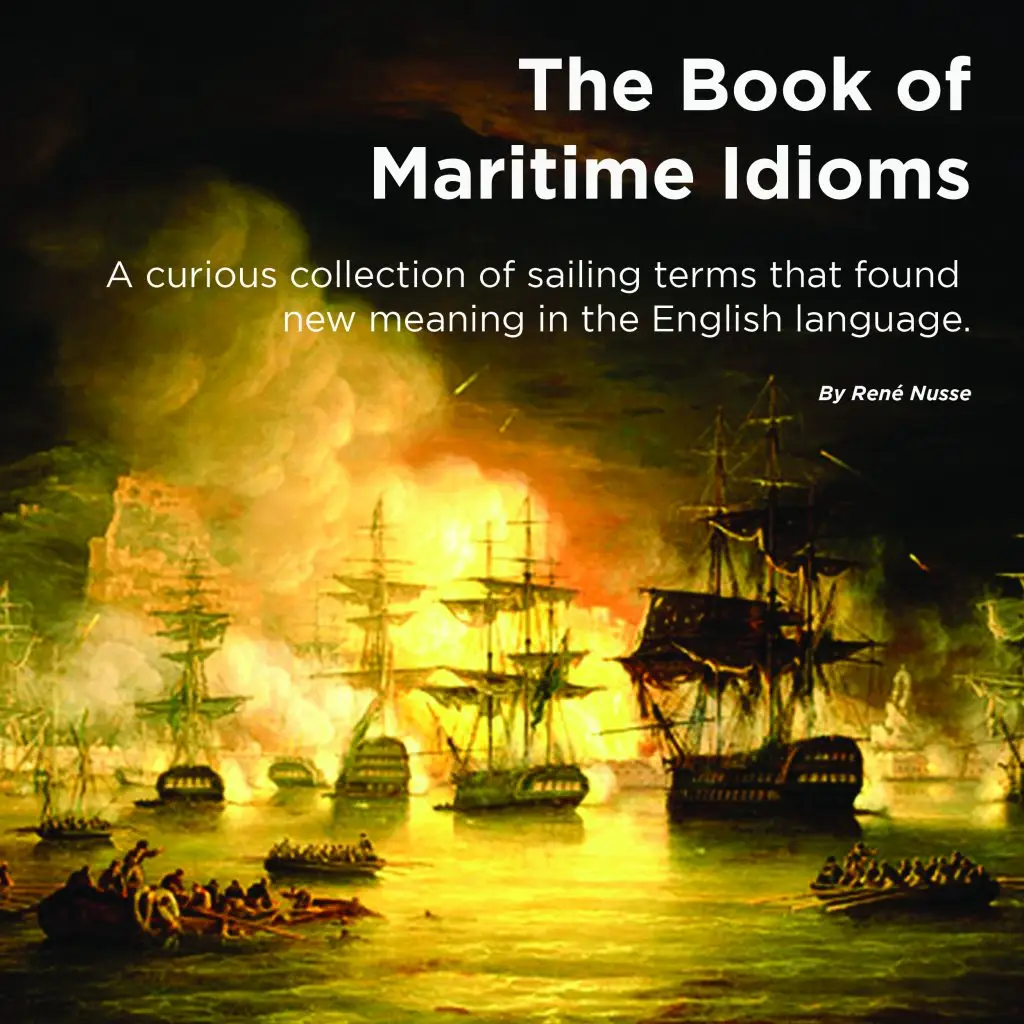Wood, aluminium, steel, fibreglass or concrete hulls?
When choosing a hull material for a yacht, each option—wood, aluminium, steel, fibreglass, or concrete—has advantages and disadvantages. Here’s a simple comparison to help you understand how they stack up:
1. Wooden Hulls
Pros:
- Aesthetics and Tradition: Many sailors appreciate the classic look and feel of wooden boats and their traditional craftsmanship.
- Insulation: Wood provides good insulation against temperature changes.
- Repairability: Wooden hulls can often be repaired with traditional techniques, and minor damages can be fixed relatively easily.
Cons:
- Maintenance: Requires regular maintenance to prevent rot and decay. Wood needs to be treated and sealed frequently.
- Weight: Typically heavier than modern materials, affecting performance and fuel efficiency.
- Durability: Susceptible to damage from impacts and marine organisms.
2. Aluminium Hulls
Pros:
- Lightweight: Generally lighter than steel and wood, which improves speed and fuel efficiency.
- Durable: Resistant to corrosion (though not entirely immune), can handle impacts well.
- Low Maintenance: Requires less maintenance compared to wood and steel.
Cons:
- Cost: Aluminium hulls can be more expensive than some other materials.
- Heat Conductivity: Aluminium conducts heat, leading to higher temperatures inside the boat.
- Potential for Corrosion: Though resistant, aluminium can corrode over time, especially in saltwater environments, if not adequately treated.
3. Steel Hulls
Pros:
- Strength: Very strong and durable; can handle heavy seas and impacts.
- Safety: Steel hulls are less likely to suffer catastrophic failures in case of a collision or grounding.
- Repairability: Steel can be repaired relatively easily and welded in situ. No matter where you are in the world, you can always find a guy with some steel and a welder…
Cons:
- Weight: Heavier than aluminium and fibreglass, which can impact speed and fuel efficiency.
- Maintenance: Prone to rust if not properly maintained. Requires regular painting and treatment to prevent corrosion.
- Cost: Generally more expensive to build and maintain than other materials.
4. Fiberglass/GRP Hulls
Pros:
- Low Maintenance: Fiberglass is resistant to rot and corrosion and requires minimal upkeep.
- Weight: Lighter than steel and wood, which enhances speed and fuel efficiency.
- Versatility: Can be moulded into complex shapes, allowing for more innovative designs.
Cons:
- Impact Damage: Can be more susceptible to damage from impacts than metals; cracks and blisters can develop.
- Repair Complexity: Repairs can be more complicated and require professional attention.
- Environmental Impact: The production and disposal of fibreglass can be less environmentally friendly.
5. Concrete/ferrocement Hulls
Pros:
- Durability: Extremely durable and resistant to impacts; excellent for long-term use in rough conditions.
- Cost: It can be less expensive to build, especially for large vessels.
Cons:
- Weight: Very heavy, which can affect speed and performance.
- Maintenance: Requires careful maintenance to prevent cracking and water infiltration.
- Flexibility: Less flexibility in design compared to other materials; can be more challenging to modify or repair.
Summary
- Wood: Best for traditionalists and those willing to invest in maintenance.
- Aluminum: Good for those who want a lightweight, low-maintenance hull with modern durability.
- Steel: Ideal for those needing a robust, heavy-duty hull to handle rough conditions.
- Fiberglass is popular for its low maintenance and versatility, making it suitable for a wide range of recreational and performance yachts.
- Concrete: Suited for durability and cost efficiency but with trade-offs in weight and design flexibility.
Your choice will depend on your priorities, such as maintenance, cost, performance, and how you plan to use your yacht.

NAVIGATION RULES CLINIC + BASIC SAIL TRIM COURSE
Author
-

Rene is a keelboat instructor and sailing coach in the Mandurah area WA. He is also the author of several books about sailing including "The Book of Maritime Idioms" and "Renaming your boat".
View all posts


